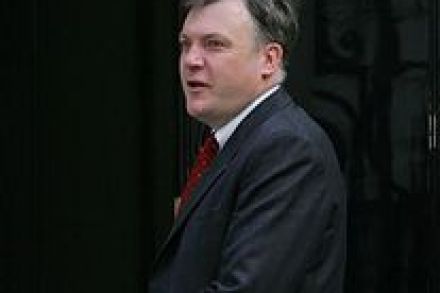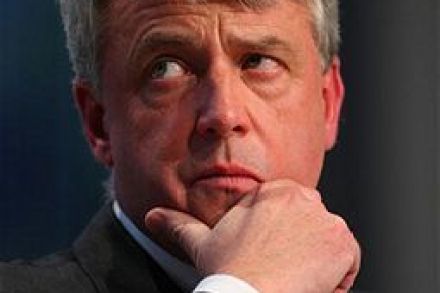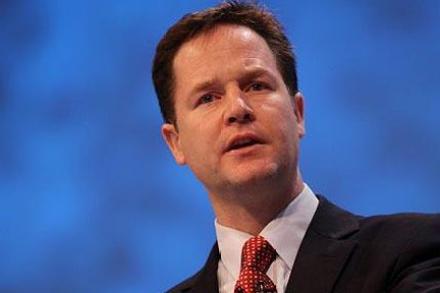Would Britain buy Balls?
Asks Iain Martin, and I suspect he’s back in Rentoul territory. It is, nonetheless, a question that merits more than a cursory no in reply. For all his egregiousness, you know where Balls stands: in the crude but distinctive colours of the old left. He is convinced that any approach to spending cuts other than his own will precipitate a double-dip recession. As Iain puts it: ‘Balls is also calculating that the second half of a double-dip recession is on the way and is staking out ground on which he can be the one to proclaim to the country: I told you so.’ In terms of Britain’s economic debate,














